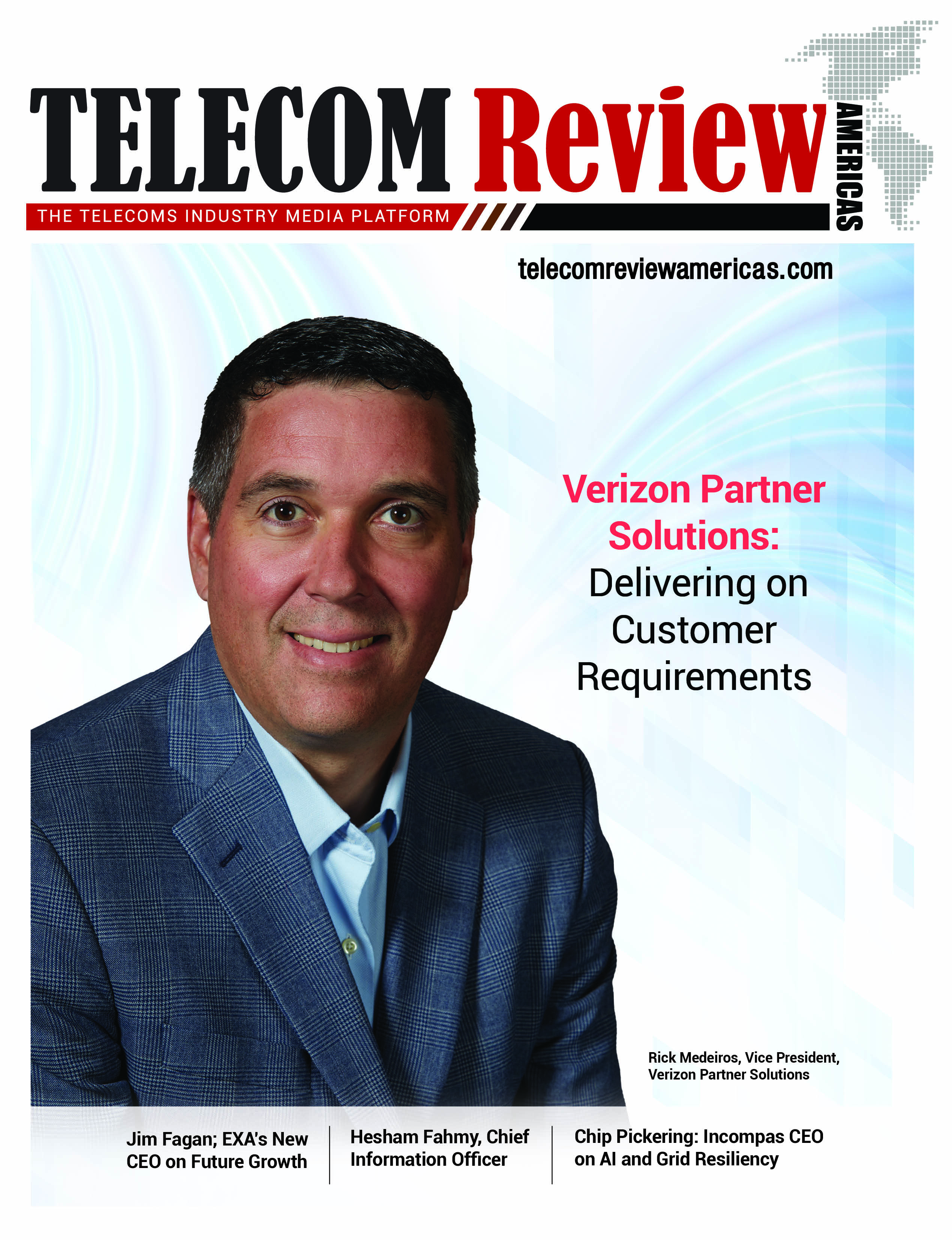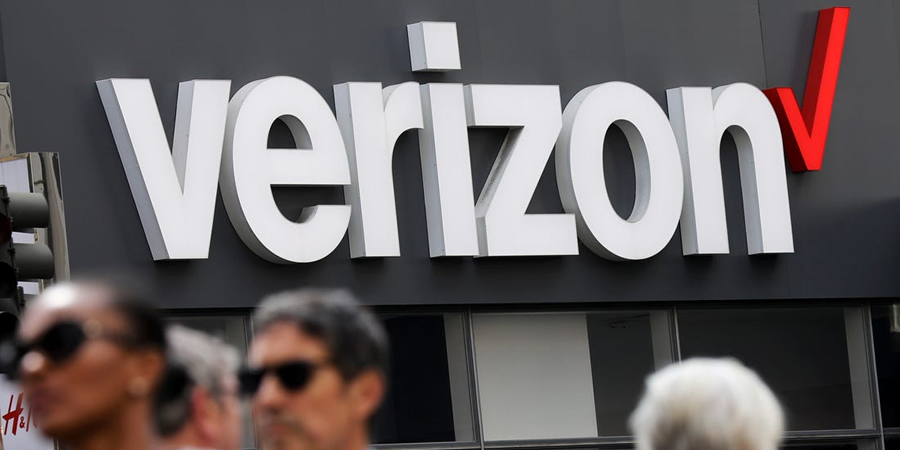To help narrow the digital divide, and with support from the Commonwealth of Massachusetts, Verizon Public Sector announced a new program to provide access to wireless broadband data and voice services to underserved communities in Massachusetts and eight neighboring states plus the District of Columbia. Verizon will provide turnkey connectivity, devices and other solutions available to eligible families who lack access to the internet.
The Commonwealth of Massachusetts joins the Georgia Department of Education in Verizon’s program of sponsor-state agreements with state agencies and not-for-profit organizations to enable communities to provide low-income residents with internet access in a fast, simple way.
Under the Massachusetts agreement, state agencies or not-for-profit organizations in Massachusetts, Connecticut, Delaware, Maine, Maryland, New Hampshire, Pennsylvania, Rhode Island, Vermont, and Washington, D.C. can participate in this program. Eligible users of services in these states include those who participate in the National School Lunch Program, Pell Grant recipients, or members of households (as defined by federal tax guidelines) with a household income that is lower than 135% of the income designated by the Federal Poverty Guidelines.
The Covid-19 pandemic has highlighted the importance of reliable internet access and the gaps in digital access. According to data from the New American Economy Research Fund, 43.7 percent of low-income households lacked access to personal high-speed internet at home, more than double that of the rest of the population. With many school systems implementing hybrid learning models for this fall, the risk to students and families without access to the internet remains critical.
This digital inclusion program is modeled after the Verizon Distance Learning program, which provided access to reliable, affordable Internet connections and solutions for more than 38 million students in 40 states and the District of Columbia during the pandemic.
“During the pandemic, we worked with state and local governments to provide connectivity for students shifting to online education as quickly as possible,” said Jennifer Chronis, Senior Vice President, Verizon Public Sector. “A significant digital divide persists, and our mission is to help narrow the connectivity gap by providing the easiest way for states and non-profits to get families online.”































